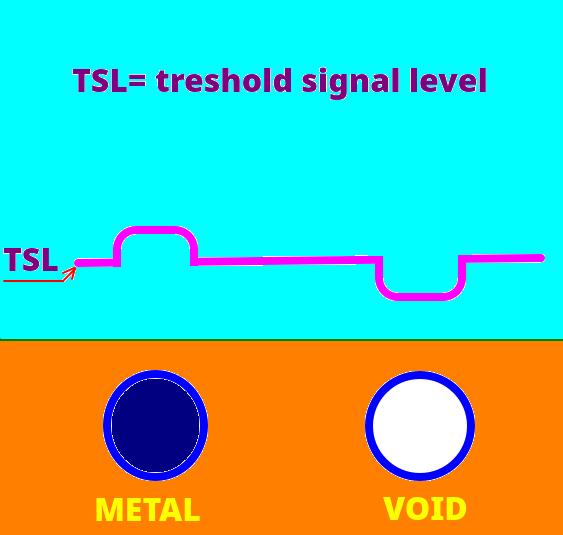good morning
Does the Gradometer metal detector detect gold?
Or is it intended for magnetic metals
and What is the best gold detector machine?
Thank you
Does the Gradometer metal detector detect gold?
Or is it intended for magnetic metals
and What is the best gold detector machine?
Thank you




Comment